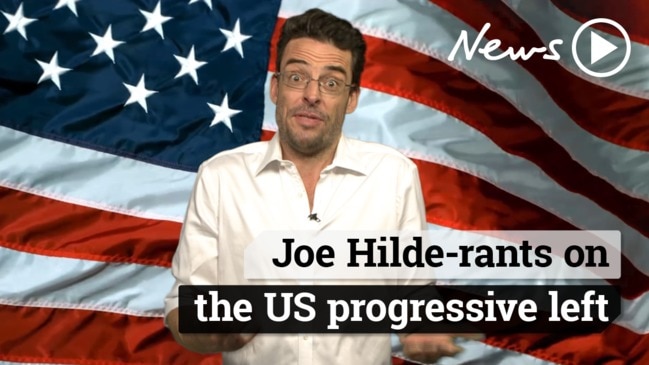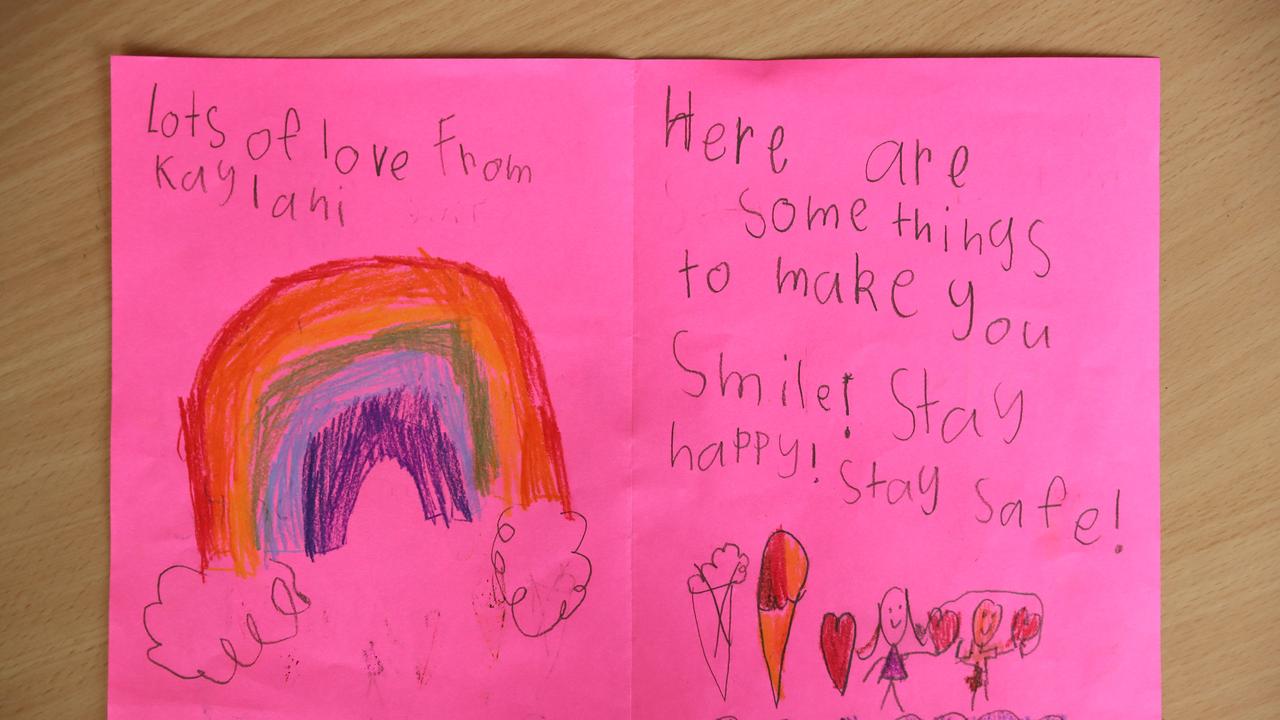Joe Hildebrand: To the men in my life
Joe Hildebrand spent 15 minutes blurting out his problems. The response was just six words — the most profound advice he’s received.
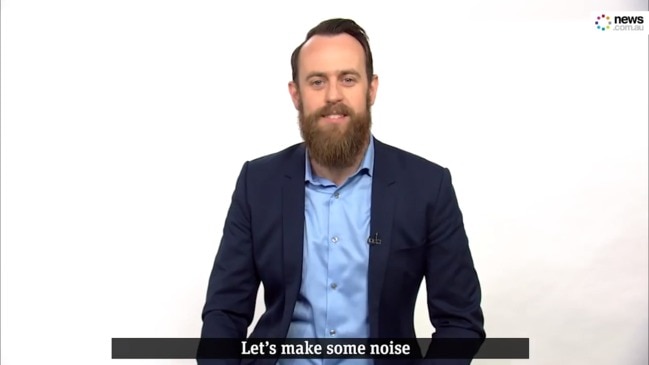
The course of human history is littered with foolish optimism.
Bob Hawke declared that one day no Australian child would live in poverty. George Bush went to Iraq and declared “Mission Accomplished!” But the most foolishly optimistic declaration of all time is when a woman says to a man: “Grow up!”
After 42 years of life, it is my solemn duty to report that this is a scientific impossibility. Men never grow up.
We just grow bigger.
The truth is men are just children in larger bodies. That’s why we invented football, motorcycles and rock ’n’ roll. That’s why dads never have a warm jumper for the kids and why there are 50 million Google results for “man jumping into pants”.
And so when I was asked to write a piece about what the men in my life have taught me, I wondered if any man in my life had actually taught me anything at all. Certainly, I have learned a huge amount from them but were they ever teaching something?
The men I have known and looked up to and loved have all been extraordinary in their own way but the things I have learned from them haven’t come from their teaching but their own doing. In a lot of ways, all blokes are a bit like the dad in the Berenstain Bears, whose parental technique is comprised solely of self-inflicted disasters followed by the instruction: “This is what you should not do.”
READ MORE: Joe Hildebrand on how a sausage roll toppled a pollie
And so I’m not sure that men teach boys at all. Instead, boys pick their heroes. They watch them soar and watch them fall and that’s how they learn both how to fly and how to pick themselves up again.
Like most boys, my first hero was my father — and like most fathers — he probably didn’t know he was one. He was a folk musician from America and my mother was his third wife. They met in 1970s South-East Asia and, having travelled the world, he followed her home to Australia so I could be born in a country that was boring enough not to worry about sporadic military coups.
He was a highly charismatic, narcissistic and intelligent man, extraordinarily righteous and wise, and I was basically his clone. Everything he gave me through both nature and nurture would have been invaluable on a hippie commune or in a Soho coffee house but it was of little practical use in the outer suburbs of Melbourne in 1976.
As a result, I was born into a place where I could not possibly belong and after a few years, he realised he didn’t belong there either. Being six years old at the time, I did not have the same luxury.
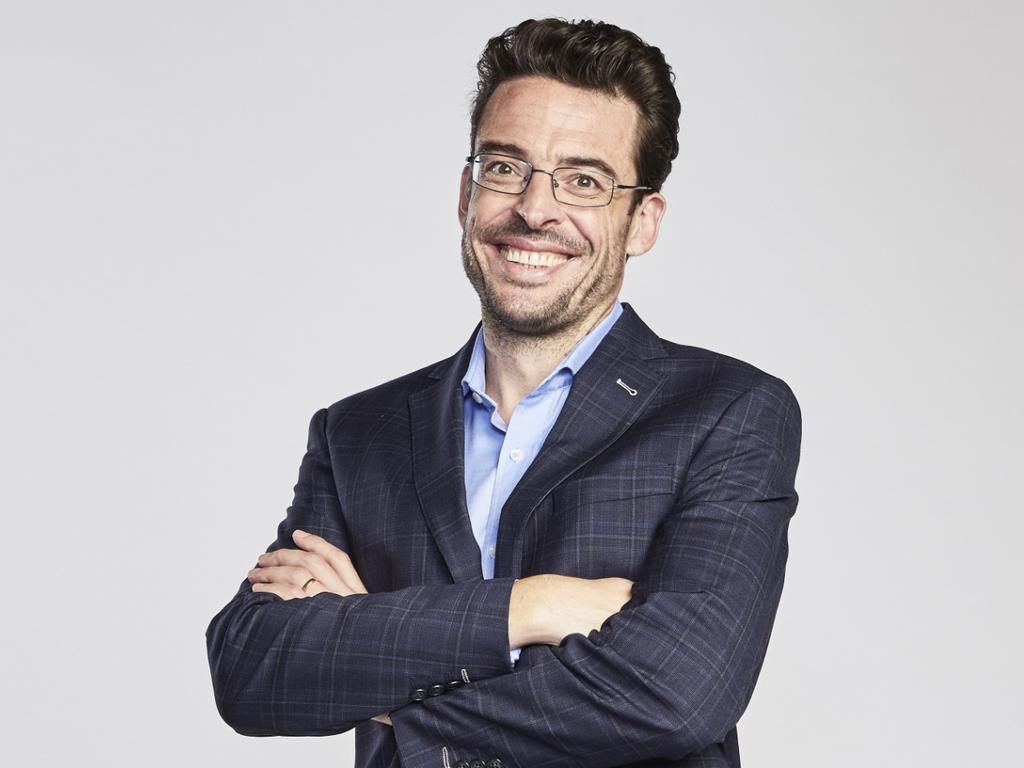
My father left his wife and three children for another woman but not everything he did was wrong. He had paid off our house — no mean feat for a musician who refused to take a day job — and left it all to my mother and us without a fuss. Some would say it was the least he could have done, and they would be right, but at least he did it.
And even today, I still find myself making bold and fearless declarations of truth with the sole piece of evidence behind them that my father once told me so.
And of course, sons never really lose their dads anyway. Part of the father always stays with them and the other part they endlessly seek out in other men.
For me, this ended up being a conga line of unwitting media executives. My first was a man called John Coomber, who was the editor of Australian Associated Press when I got my first cadetship.
This achievement alone was improbable enough. After finishing the world’s most belated arts degree I applied for dozens of jobs without so much as a return phone call. And when AAP was the first to call back, my mother had somehow missed both the name of the organisation and the name of the person. All she knew was that it was “John … Someone”.
Thus my first job in investigative journalism was to investigate who on Earth I was supposed to call to get a job as a journalist. Fortunately, that person turned out to be a very patient man.
John Coomber was considered, wry and wise and had the kind eyes and sun-kissed moustache of an Anglican Jesus.
He also had an evangelical belief in straight, impartial and elegantly crisp news reporting that disposed of opinion, emotion and purple prose like a newly waxed duco disposes of rainwater.
Needless to say we had little in common.
And yet he took me under his wing and taught me the critical fundamentals of news reporting with saintly forbearance. Eventually, when I protested that I wanted to break stories instead of reporting on them and had smugly presented him with one too many overwrought opinion pieces, he told me it was time to seek my fortune elsewhere. I guess the best teachers always set their pupils free.
That place was The Daily Telegraph, which at the time had a crazed young political reporter called David Penberthy. He smoked in his office, wrote what he wanted and, despite seeming to piss off everyone all the time, was somehow still beloved by anyone who’d ever met him.
As it turned out, Penbo was so crazy he told his editor to hire me. And it then turned out his editor was so crazy he made Penbo editor in his place. Next thing I knew I was in the middle of the engine room of the most influential and explosive newspaper in the country doing everything I was told to and quite a few things I wasn’t.
It will soon be impossible to explain the excitement and energy of those last wild days in which newspapers still ran the world and politicians, princes and plebs all trembled in anticipation of the next day’s splash. Whereas JC, like the other guy who shared his initials, had always preached caution and care, Penbo was a pathological risk taker — a man of limitless energy and ideas who never saw any reason not to do everything all the time.
When John Coomber had to do a political story, it was so finely balanced you could place it on the head of a pin. When Penbo had to do a political story he literally gave me a fire truck and told me to set the nation ablaze.
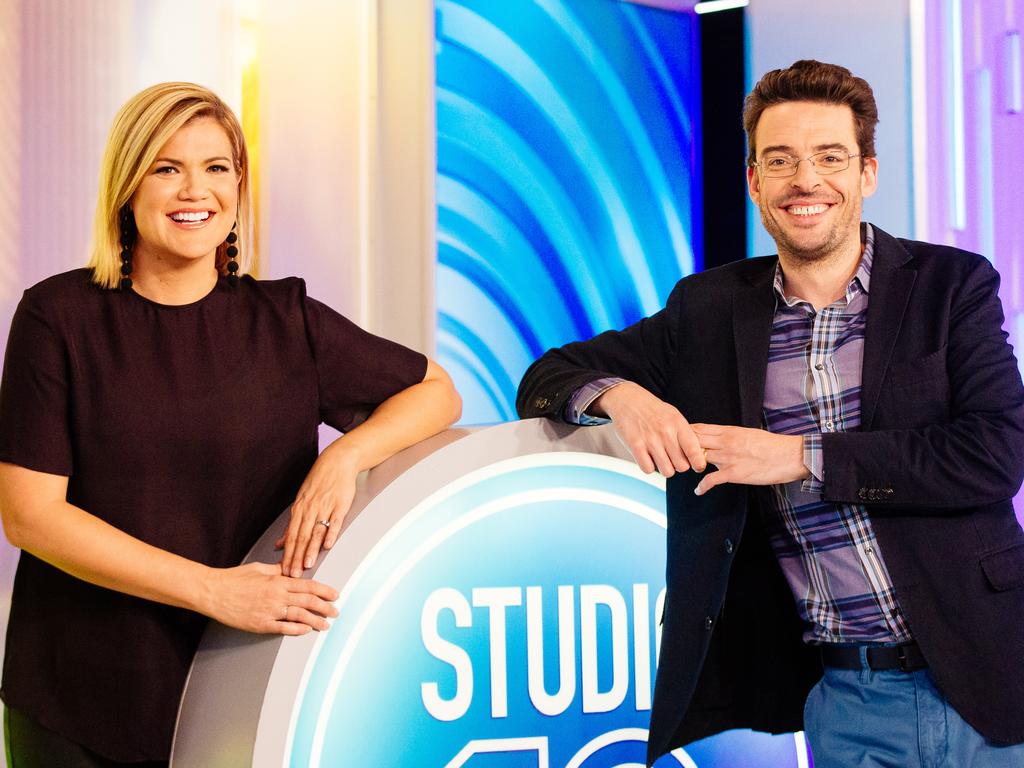
And then I ended up in television, the gaudiest and glamorous, sensationalist and scandalised world of all. And to be honest I’m still not entirely sure how.
There is a line about God that I always remember, and it’s not from the Bible but the cartoon show Futurama. In it, an opaque omniscient being explains to the misanthropic alcoholic robot Bender the secret to being a deity: “When you do things right, people won’t be sure you’ve done anything at all.”
Accordingly, I am not sure this man has done anything for me but I am also utterly convinced he has done everything. At least, he always seems to be hanging around in the background when things go well.
His name is Peter Meakin, and it has been spoken in hushed tones in television circles for several decades — none more hushed than his own. He is kind of like a short silent version of Obi-Wan Kenobi.
I have never been to his house or met his wife and kids but I feel like I know him better than half my relatives.
Every time I have an existential problem I go to see him and he greets me with a sigh but never says no. Indeed, he rarely says anything.
Once, after I had blurted out my problems for 15 minutes, he responded with just six words: “That tells me you lack discipline.”
It was the longest piece of advice he had ever given me and probably the most profound I have ever received.
But most of the time he just sits there, nods sagely, and eventually takes a call from someone else who’s lining up to unload on him.
Then, just as you’ve almost forgotten about it, the problem you came to him with mysteriously disappears. No one is entirely sure what he does and yet everyone agrees he is utterly indispensable.
At any rate, my father is living in the country somewhere, John Coomber left the wire service to go hiking in New Zealand and Penbo left newspapers to become a radio star in Adelaide. The only one left to look out for me is Peter Meakin, and I’m still not sure what he does.
But none of that matters. All that matters is that they were there and that’s why it’s so important for men to be there. And we want them to stick around for as long as possible.
Men need to take care of themselves, talk to their doctors and talk to each other. Just a few years ago the first big man in my life, John Coomber, was struck by cancer, which he took on with all the courage, grace and panache he seemed to apply to every challenge in his life. He also had the most dashing moustache I have ever seen. I was in awe of him for both.
I don’t know if any of these men meant to do what they did. Maybe they were all just being what they were, children in the playground of life.
All I know is that they were there for me when I needed them and somewhere they are still there for somebody today.
news.com.au is highlighting men’s mental health issues as part of its campaign The silent killer: Let’s make some noise in support of Gotcha4Life and the Movember Foundation. Donate now at Movember.com
